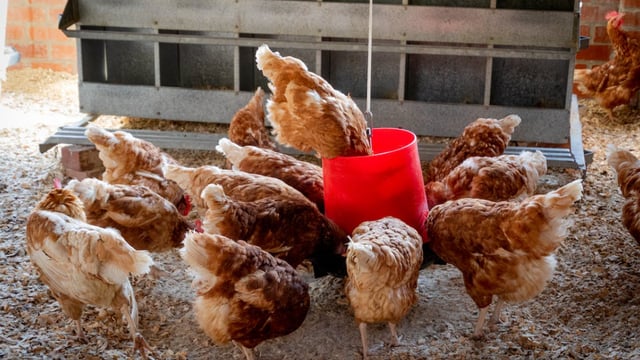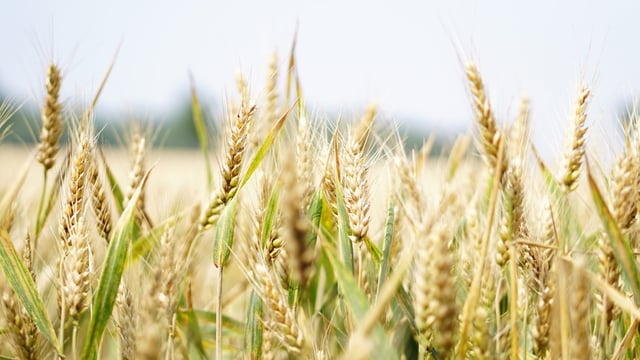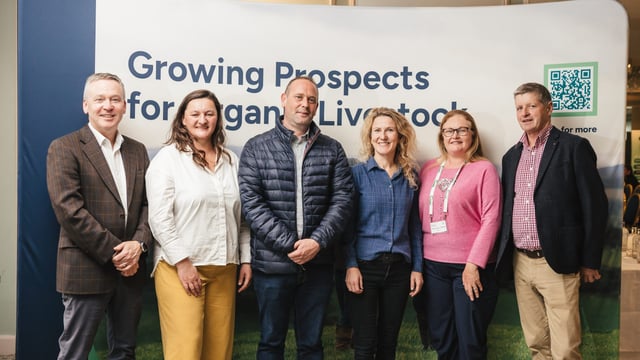Legacy forestry issues need to be addressed - IFA
The €1.3 billion of new forestry supports announced by the government this week will "certainly encourage" more farmers to look at forestry as an option, but outstanding legacy issues still need to be addressed, the Irish Farmers' Association (IFA) has warned.
IFA national farm forestry chair Jason Fleming said that the announcement of an increase in premium rates of between 46% to 66% under the new forestry programme is a "positive development".
Fleming said he acknowledged the work of the Minister of State with Responsibility for Forestry, Pippa Hackett, in securing the financial supports package which will extend the duration of premium payments for farmers to 20 years.
The IFA national farm forestry chair has identified some key incentives in the new forestry supports programme.
These include:
“The increases in the forest premium payments as well as the extension of the premium payment to 20 years will certainly encourage more farmers to look at forestry as an option on their farm," Fleming said.
But he believes that the increased premiums will not be enough on their own and action needs to be taken on other fronts.
Fleming has urged Minister Hackett to continue working with farmers to restore confidence particularly around the ash dieback and the licencing system.
Speaking at the launch of the proposed investment by the government of €1.3 billion in Irish forestry yesterday (Thursday, November 3), Minister Hackett said it would create the "biggest and best-funded forestry programme" to date in Ireland.
"It comes at an appropriate time, given the urgency of taking climate mitigation measures," she said.
She said one of her main aims was "to re-engage farmers in afforestation".
The minister said that a proposed new 20-year premium term was exclusively for farmers and there would also be the introduction of a small-scale native woodland scheme which would allow farmers to plant up to 1ha of native woodland on farmland and along watercourses outside of the forestry licensing process.
The proposed Forestry Programme 2023–2027 is currently out to public consultation.





